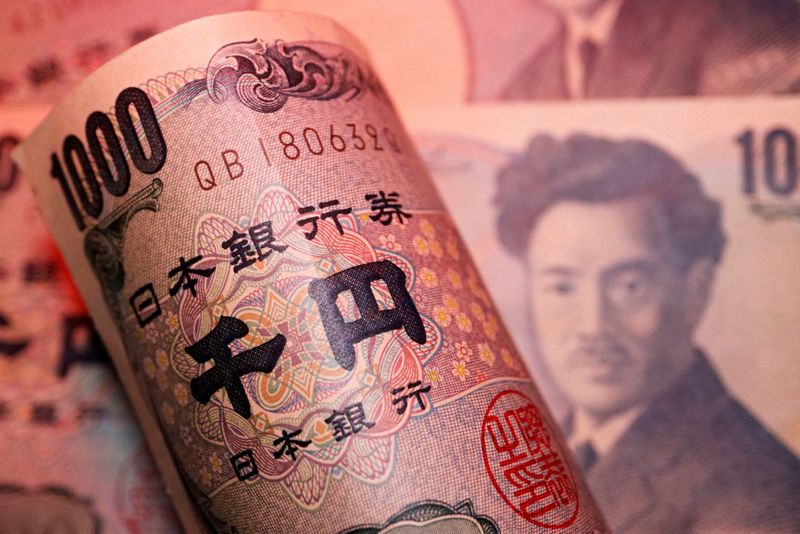Japan increases budget by 210 billion
2022.11.29 03:51
[ad_1]

Japan increases budget by 210 billion
Budrigannews.com – The second supplementary stimulus budget for this fiscal year in Japan, worth 29 trillion yen ($210 billion), is expected to pass the lower house on Tuesday. This will make it possible for the spending plan to receive final parliamentary approval in the upper chamber this week.
Prime Minister Fumio Kishida’s difficulty with the conflicting goals of controlling the national debt and pulling the economy out of the pandemic doldrums with fiscal stimulus is highlighted in the supplementary budget, which is primarily backed by additional bond issuance.
The largest national debt in the world already exceeds annual economic output by more than twice as much.The country will be seen as an exception to the global trend of ending crisis-mode fiscal stimulus by adding to it.
According to officials in the parliament, lawmakers from both the ruling party and the opposition party have agreed to vote on the supplementary budget bill in the lower house late on Tuesday afternoon.The budget’s passage is unlikely to be slowed down due to the ruling bloc’s strong majority in both chambers.
“Responsible fiscal management” and “boosting defense capability” must be balanced, according to a panel of advisors to Finance Minister Shunichi Suzuki on Tuesday as well.It stated that these would be important considerations for the regular budget for the upcoming fiscal year, which will begin on April 1, 2023.
The next annual budget will be based on the recommendations that the Fiscal System Council panel gave to Suzuki.
In December of each year, the Finance Ministry makes a budget for the year.Before the end of March, the draft is sent to the cabinet for approval, followed by the parliament in January for discussion and enactment.
Monday, defense and finance ministers were given instructions by Kishida to work together to increase defense spending’s share of GDP to 2% in five years, up from around 1% currently.
However, given Japan’s deteriorating public finances, the defense ministry and the fiscal hawks in the finance ministry continue to disagree on how to pay for additional defense capabilities.
Although the panel did not specifically mention the three obvious alternatives, it emphasized the significance of locating a stable method for doing so:other spending reductions, higher taxes, or more debt.
It urged those concerned to seriously debate the issue and gain public understanding of how to distribute burdens broadly.It did not specifically mention any funding sources.
The panel predicted in its semiannual recommendations that “Japan’s fiscal situation will become more severe in the future.”
[ad_2]







